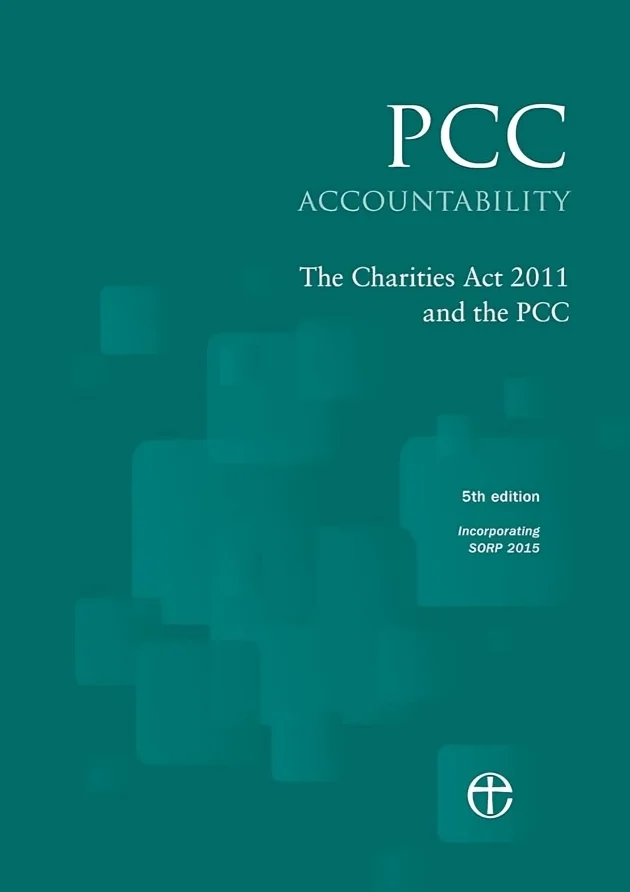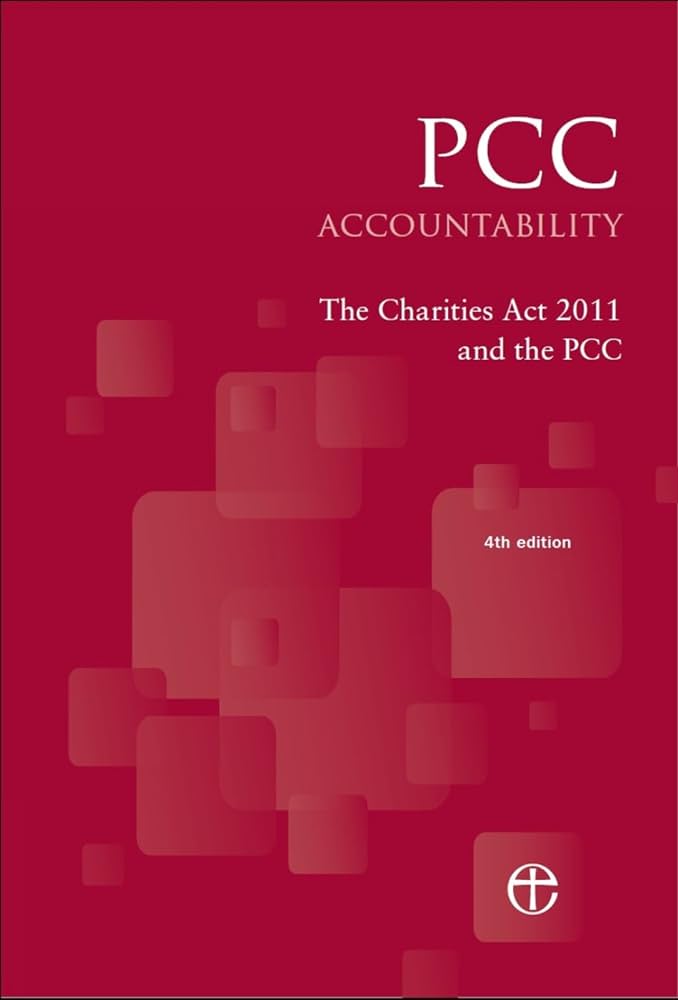Enacted in 2011, the Charities Act is an essential statutory instrument regulating the functioning of officially registered charities within the United Kingdom. A major issue the instrument goes deep into is the essential requirement of charities to commission qualified advice prior to finalizing property transactions, comprising acquisitions, rentals and disposals. Inside this feature we look at Charities Act valuations, the influence of RICS and how our panel of surveyors can bring about compliance.

The regulator for charities in England and Wales is the Charity Commission. While the Charity Commission is not directly obtaining an RICS valuation, the main function is to set guidelines and makes certain the Charities Act 2011, which lay down the rules and regulations about property transactions that registered charities must follow.
The Charity Commission refers charities to RICS valuations in connection with the requirement for charities to obtain professional advice when acquiring, disposing or leasing land or property. Paragraphs 117-122 of the Charities Act 2011 require charity trustees to obtain a written report by a qualified surveyor, who is normally an RICS member, before they undertake any property transactions.
In this context, the role of the Charity Commission is to provide the following:
Therefore, the Charity Commission does not itself secure RICS valuations for charities, but is essentially looking to set out guidelines and monitor the system to make sure charities follow the rules which, in this instance, means securing professional advice from suitably qualified surveyors in these transactions.
Getting the right surveyor is vital for charities to comply with the Charities Act 2011. Points to consider when appointing a surveyor consist of:
Compliance with the Charities Act 2011 is essential for registered charities in the UK. Our panel of valuers provide specialist valuation services ensuring that charities receive good advice for their property transactions, ultimately benefiting the community.

Charity trustees are required to request a written report whenever land or property is let or sold. The report must be supplied by a qualified surveyor, a member of RICS, and be in the prescribed form – RICS have already adopted the RICS Red Book for this purpose.
RICS is universally adopted as the world’s leading professional body for qualifications and standards in land, property, and construction. Chartered surveyors, who invariably belong to RICS, offer the specialist advice needed for Charities Act valuations.
Our panel of RICS valuers provide valuation services to charities by qualified valuers with great experience.
Valuations are prepared under the Section 119 of the Charities Act 2011 and these documents form the foundation of the legal processes that enable the property related transaction or event that is to take place.
A requirement under the Charities Act 2011 for registered charities that dispose of land is that they must first obtain a written report from a qualified surveyor. The surveyor must be a member of the Royal Institution of Chartered Surveyors (RICS) or another recognised professional body, such as Chartered Institute of Building (CIOB). This provision is found in section 119 of the Act, and applies in relation to ‘disposals of an interest in land’.
In the written report, you must include the details below:
Section 119 ensures that charity trustees must take proper steps and seek legal advice when disposing of land or property. This rule covers essential elements of decision-making that allow charities to decide what they have to do in their best interests, and protect assets of the charity.
CC33 is guidance provided under the auspices of the Charity Commission for England and Wales. The document is “CC33 – Acquisitions, disposals and mortgages of charity land and buildings.”
The purpose of CC33 is to help charity trustees understand the legal requirements and best practice for acquiring, disposing of, and mortgaging, land and property owned by charities. It seeks to ensure that charities are helped to comply with the relevant provisions of the Charities Act in particular Sections 117 to 122 on the acquisition, disposal, and mortgaging of charity land and property.
Such aspects the CC33 guidance covers are as follows:
Although CC33 has no legal status, it provides important information and guidance to charity trustees on meeting the requirements of the Charities Act 2011 and managing their charity’s land and property effectively.





